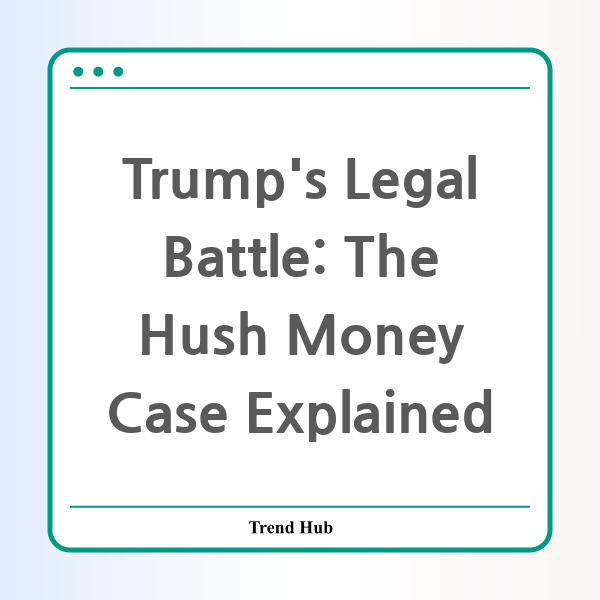* This website participates in the Amazon Affiliate Program and earns from qualifying purchases.

Unraveling the Controversy: Trump's Hush Money Case
In a stunning turn of events, former President Donald Trump has reached out to the Supreme Court in a bid to pause his upcoming sentencing regarding the hush money case linked to adult film actress Stormy Daniels. This case, shrouded in legal complexities and political implications, raises pressing questions surrounding presidential immunity and the rule of law.
As the legal landscape unfolds, Trump’s attorneys have filed a request urging the Supreme Court to intervene, claiming that the sentencing decision made by Judge Juan M. Merchan poses a significant threat to the integrity of the presidency and the operations of the federal government. With the sentencing hearing approaching, the stakes are undeniably high for Trump.
The crux of the case revolves around payments made during the 2016 presidential election cycle, which Trump’s legal team contends should be protected under the banner of presidential immunity. They argue that actions undertaken by Trump in his official capacity as president shield him from criminal prosecution, as previously affirmed by a recent Supreme Court ruling. This history of legal precedent adds a layer of complexity to what many view as a politically charged prosecution.
Trump's lawyers assert that the New York courts have failed to acknowledge the nuances of presidential immunity, leading to what they describe as a potential "grave injustice". They have requested that proceedings be halted until the highest court provides clarity on the matter, insisting that the case constitutes a "meritless hoax" aimed at undermining Trump’s political career.
Amidst such allegations, Judge Merchan's December decision to not impose prison time has also drawn scrutiny. Suggesting an unconditional discharge instead, critics have debated whether this leniency might dilute the seriousness of the verdict against Trump. Legal analysts continue to ponder on whether his potential appeal could set a critical precedent for how presidential conduct is scrutinized under criminal law.
The Judge's verdict came after a jury found Trump guilty of falsifying records, a charge that has not only political implications but also the potential to label Trump a felon if the conviction stands. This looming reality has intensified the call for an appellate review, as Trump navigates through a legal maze filled with implications for his future and the Republican Party at large.
Additionally, Trump's plea for an emergency stay highlights the unprecedented constitutional questions that his case poses. Should a president-elect be afforded the same protections as a sitting president? This legal query pushes the boundaries of the law and will likely stir considerable debate among legal scholars, politicians, and the public alike.
The implications of this legal battle could extend beyond Trump himself, shaping future legislative frameworks and setting a tone for how public officials are held accountable. As the Supreme Court prepares to deliberate on Trump’s request, all eyes remain fixated on this pivotal case that intertwines politics, law, and ethics.
In conclusion, the intersection of Trump’s political ambitions and his legal challenges continues to dominate headlines. As he grapples with the legal ramifications of the hush money payments and their associated charges, the evolving narrative around presidential immunity and accountability is sure to spark ongoing discussion in courtrooms and living rooms across the nation.
Tags: Politics, Business
* This website participates in the Amazon Affiliate Program and earns from qualifying purchases.